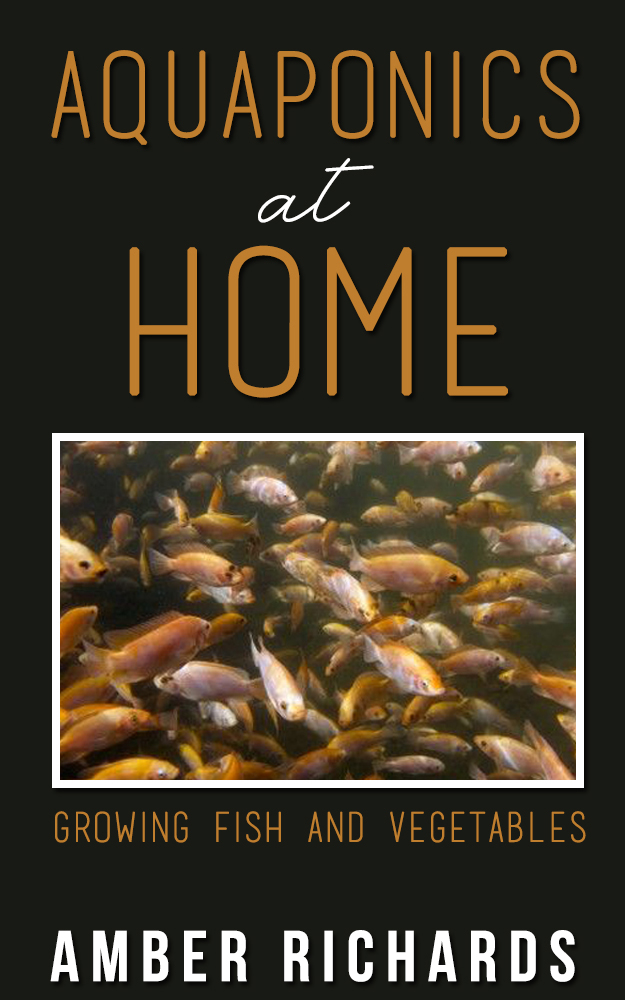
Have you ever wondered what aquaponics was all about? Is it viable for
your situation? This ebook is a good overview to help answer these
questions and more.
Aquaponics is the revolutionary science where plants are grown in water
instead of soil. This water also cultures fish. The wastes produced by the
farmed fish or other aquatic creatures supplies the nutrients for the plants,
and in turn purifies the water.
Aquaponics, when set up correctly, can, be self-sustaining and, be a healthy
source for both fish and plants.
Aquaponics At Home is a beginner's guide to this hobby. You are given the
fundamentals to this wonderful and exciting way to garden, including the
components you need, and ways to set up your own healthy aquaponic system that
provides safe, fresh, and delicious food all year round.
4.5 star rating ebook. Currently only in English and ebook format. Planning to release to a print version as well soon. WIll promote as well.
Usually sells 5-15 copies per month currently.
Amazon Best Sellers Rank: #279,998 Paid in Kindle Store (See Top 100 Paid in Kindle Store)
I will be also making this into a paperback edition through Babelcube (hopefully more commissions for your work you do once), and will set up a landing page for this book and promote it (as with all my books)
A combination of hydroponics, which is growing plants with water instead of soil and aquaculture or raising fish is known as aquaponics. When correctly set up, aquaponics can be used to create a symbiotic system where plants, fish and bacteria live together and mutually benefit from the presence of each other.
Commonly, fresh water fish are used for aquaponics. The bacteria present is good bacteria that aids in breaking down waste from the fish. The plants grow in a soil-less environment and are fertilized by the waste excrement from the fish. Plants also tend to grow very rapidly in this type of situation. In return, the plants oxygenate and clean the water, and it is then re-circulated back to the fish.
Typically, only the water that is evaporated from the plants, needs to be replaced, roughly 2% every week or so. Once a system is set up, the maintenance is fairly low.
Both the fish and the vegetables or other types of plants grown are used as a healthy food source.
Some forms of aquaponics can be dated back to as early as some of the Aztec civilizations. However, aquaponics seems to be making a modern come-back in more recent years.
Many nations are actively educating their people on the practice of aquaponics to both increase healthy, clean food supplies, and decrease the need to import food. In Barbados in particular, they are also encouraged to sell their grown vegetables to tourists to help families increase their income levels additionally.
| Language | Status |
|---|---|
|
French
|
Already translated.
Translated by ilyasse KOURRICHE
|
|
|
Author review: Translator did a great job in a very timely manner. Highly recommond! |
|
German
|
Already translated.
Translated by Stephanie Acher
|
|
|
Author review: She did such a great job and was extremely fast. Pleasure to work with! |
|
Italian
|
Already translated.
Translated by Maria Antonietta Ricagno
|
|
Portuguese
|
Already translated.
Translated by João Campos Monteiro
|
|
Spanish
|
Already translated.
Translated by Gloria Cifuentes Dowling
|